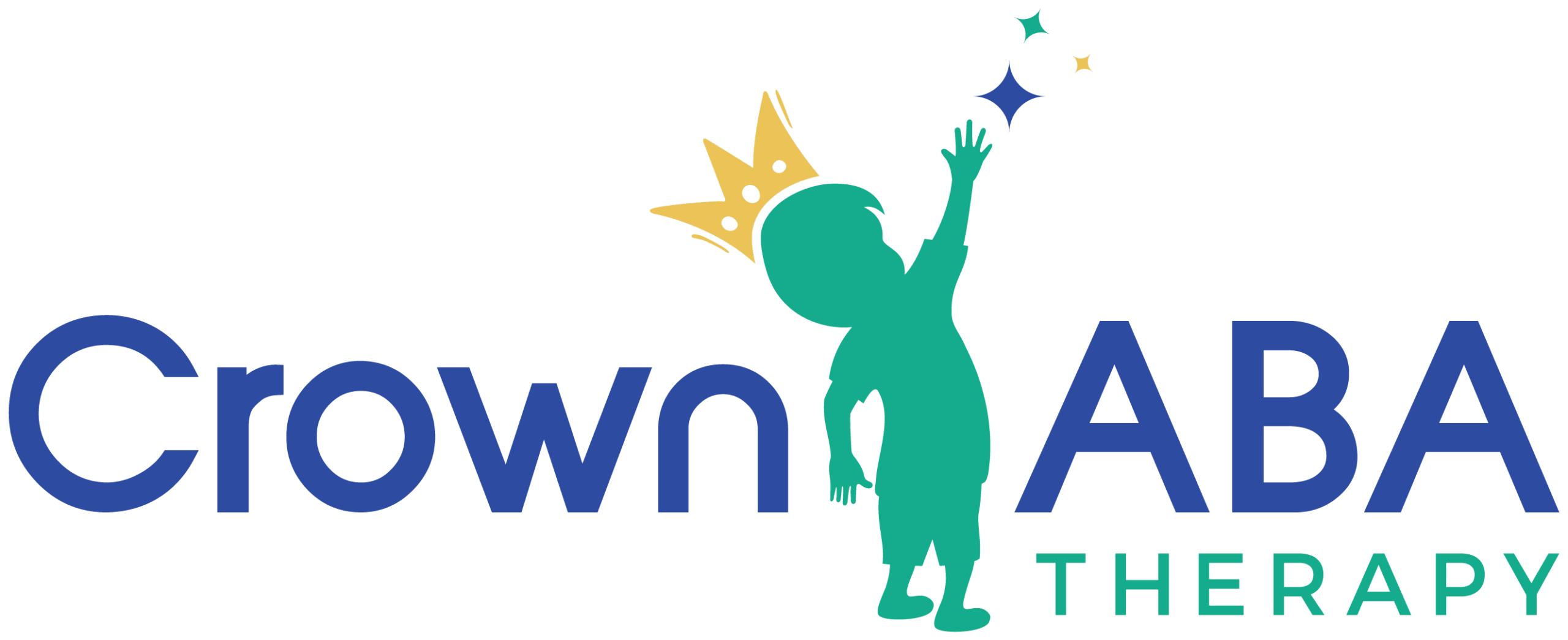Key Points:
- Many children with autism struggle with focus, affecting learning, communication, and daily tasks.
- Attention challenges vary, including hyperfocus, distractibility, and difficulty shifting between activities.
- Strategies like structured routines, sensory supports, and ABA therapy help improve focus and engagement.
Attention difficulties are often a hidden struggle for kids with autism. These challenges can impact their daily activities, schoolwork, and relationships. By understanding autism focus issues, parents can find effective strategies to manage distractions and support their child’s ability to focus in different environments.
Autism focus issues refer to difficulties in sustaining, shifting, or regulating attention in various environments. Children with autism may struggle to concentrate on tasks, become easily distracted, or hyperfocus on specific interests while tuning out everything else.
These attention challenges can manifest in different ways:

How Do Autism Focus Issues Affect Daily Life?
Attention challenges in autism can significantly disrupt a child’s day-to-day activities, making it harder for them to complete tasks, follow routines, or engage with others. These struggles can impact several areas of life.
In school, children with focus issues may find it difficult to stay on task, complete assignments, or follow instructions, especially in busy classrooms. They might become distracted by noise, visual stimuli, or their own thoughts, making it hard to focus on learning.
At home, autism focus issues can manifest in difficulties with routine tasks, such as getting dressed, brushing teeth, or helping with chores. These tasks may take longer, leading to frustration for both the child and the family.
Social interactions also suffer, as children with attention difficulties may struggle to maintain conversations, participate in group activities, or keep up with shifting topics during playtime, limiting their social connections and experiences.

Why Do Children With Autism Struggle With Focus?
Children with autism often face attention difficulties due to differences in brain function, sensory processing, and executive functioning. These differences affect their ability to regulate attention in various situations.
- Neurological Differences: The autistic brain processes information in a unique way, which can result in differences in how attention is directed and maintained. Some children may have overactive brain regions that lead to hyperfocus, while under-activity in other areas can cause inattention and distractibility.
- Sensory Sensitivities: Many children with autism are more sensitive to sensory stimuli like bright lights, loud noises, or strong smells. This heightened sensitivity can make it difficult for them to concentrate, as their brain becomes overwhelmed by the influx of sensory information, causing attention to drift.
- Executive Functioning Challenges: Executive functions, such as planning, organization, and flexibility, are often impaired in children with autism. These skills help with attention regulation and task switching. Without these skills, children may struggle to stay focused or transition between activities efficiently.
Strategies to Improve Focus on Children With Autism
Managing autism focus issues requires a combination of structured routines, individualized support, and evidence-based interventions. Here are effective strategies to help children improve their attention skills:
1. Create a Structured Environment
Children with autism thrive in predictable settings. A structured environment helps reduce distractions and improve focus.
- Establish clear daily routines with visual schedules.
- Use timers or alarms to signal transitions between activities.
- Minimize clutter and background noise in learning spaces.
2. Use Interest-Based Learning
Leveraging a child’s interests can significantly enhance their ability to focus.
- Incorporate special interests into academic tasks (e.g., using a favorite character in math problems).
- Provide choices in activities to increase motivation.
- Use hands-on, interactive methods to keep engagement high.
3. Implement Sensory Supports
Many children with autism experience sensory overload, making it hard to maintain focus. Sensory supports can help regulate attention.
- Offer noise-canceling headphones in loud environments.
- Provide fidget tools to help with self-regulation.
- Use weighted blankets or compression vests for calming effects.
4. Break Tasks Into Smaller Steps
Complex or lengthy tasks can overwhelm children with attention difficulties.
- Divide tasks into manageable steps with clear instructions.
- Use checklists or visual cues to track progress.
- Offer frequent breaks to prevent frustration and burnout.
5. Reinforce Attention with ABA Techniques
Applied Behavior Analysis (ABA) therapy helps children with autism develop focus and attention skills. ABA strategies include:
- Discrete Trial Training (DTT): Breaking tasks into small, structured steps with positive reinforcement.
- Prompting and Fading: Using guidance to maintain attention, then gradually reducing prompts.
- Token Systems: Rewarding sustained attention with tokens that can be exchanged for preferred activities.
By combining these strategies, children with autism can improve their ability to focus and engage in learning, social interactions, and daily routines.
When Should Parents Seek Professional Support?
While some focus challenges can be managed with simple strategies, others require professional support. Consider seeking help if:
- Attention difficulties significantly impact learning and daily life.
- The child becomes highly frustrated during transitions or non-preferred tasks.
- Traditional approaches like reminders and schedules are not effective.
A professional evaluation can help identify specific attention challenges and determine the best interventions to support focus and engagement.
Partner with Crown ABA for Personalized Support
Understanding and managing autism focus issues can be challenging, but the right strategies and support can make a difference. Applied Behavior Analysis (ABA) therapy is a proven approach that helps children with autism develop essential attention skills, improving learning, communication, and social interactions.
At Crown ABA, we provide personalized ABA therapy designed to meet your child’s unique needs. Our experienced ABA therapists in Maryland use evidence-based techniques to enhance focus, reduce distractions, and build independence.
We proudly serve families in Maryland and surrounding areas. If your child struggles with attention, we’re here to help. Contact us today to learn more about how ABA therapy can support your child’s growth!





